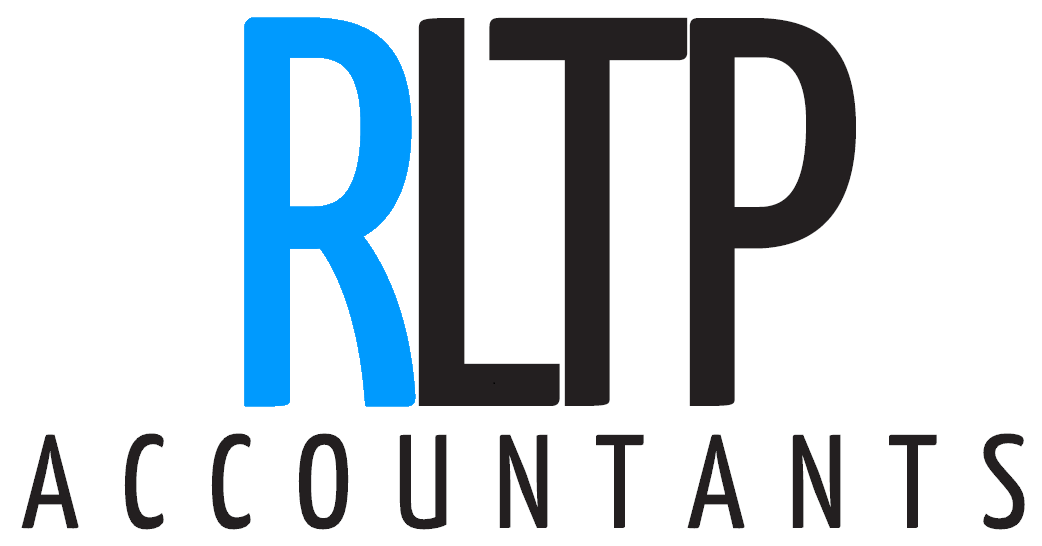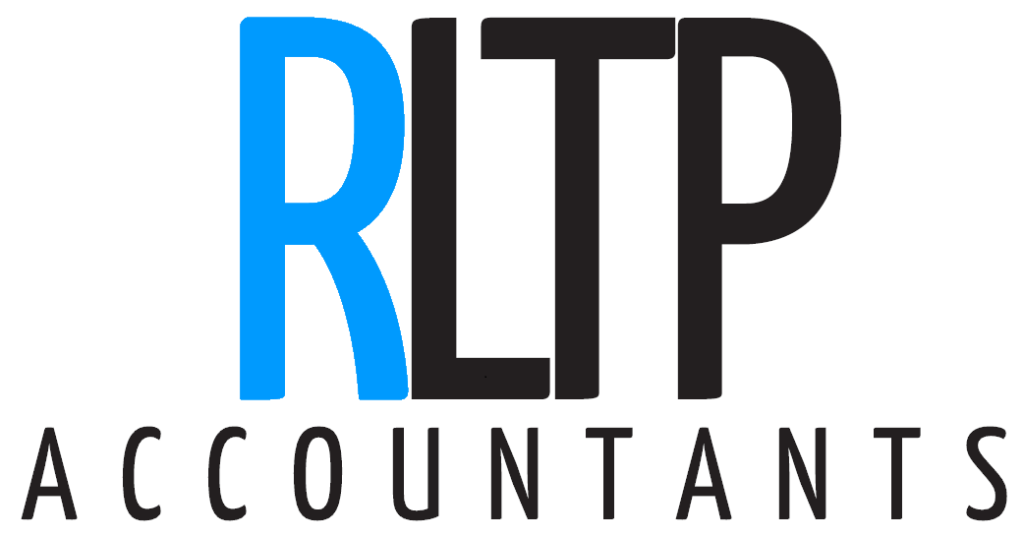Audits are essential for the smooth-running of a successful company and there are two different types of audits that can be carried out: internal audits and external audits. Although they both share a common term, internal and external audits are actually rather different. Large businesses typically implement both types of audits in a bid to ensure that the following things are examined on a periodic basis:
- Internal controls
- Regulatory compliance
- Financial reporting
Smaller companies may decide to use an external auditing process over an internal one as it’ll be a more cost-effective option for them. However, in order for businesses to understand which type of audit they need, it’s important that they fully-understand the differences between the two and RLTP Accountants are on hand to explain what they both entail.
What’s the purpose of internal & external audits?
Although they might seem one in the same or self-explanatory, external and internal audits actually have very different purposes, processes and results. So what’s the purpose of both internal and external audits?
What’s the purpose of an internal audit?
An internal audit is designed to identify any significant risks that a business might be facing. It will also help to assess how effectively a company has managed, or will manage, those risks, together with any control processes that management have implemented as a result.
Internal auditors play a more advisory role, making recommendations that are tailored towards supporting the management team and improving systems and controls where deficiencies in business areas have been identified.
Internal auditors can span across financial and non-financial matters and they can even take a company’s reputation into account. For an internal auditor, their scope of work is defined by management and so they’ll shed light on certain areas of the business depending on company objectives and any associated risks.
What’s the purpose of external audits?
When it comes to external auditors, their sole objectives are dictated by statute. The purpose of an external audit is to provide a company with non-biased, objective and completely independent assessment and examination.
External auditors work to verify financial statements, ensuring that they’re a true and fair reflection of the current financial state of a business. They’ll also check that all financial records have been prepared appropriately and in accordance with accounting standards.
These are beneficial as it’ll help to improve the credibility and value of any financials produced by management. This, in turn, will reduce investor risk and increase the user confidence with regards to your customers.
An independent review of your finances will also boost the trust of your shareholders, if you have any, as well as provide transparency to them and highlight any areas of importance and/or concern.
Who does the auditing?
Depending on whether you have an internal or external audit carried out, it’ll either be conducted by an employee within your business or an independent auditor. Many businesses favour the latter simply for how objective their assessment is. But who conducts internal and external audits?
Who conducts an internal audit?
Internal auditors are generally employees within the business. Depending on circumstances, however, a company can choose to outsource their internal audit services. This is usually done if a business is small.
Who conducts an external audit?
External audits are usually appointed by the company’s shareholders. Unlike internal auditors, who are more likely to work within the firm already, an external auditor will be completely independent and unknown to the business from the offset. This ensures that all findings are fair and transparent for all involved.
Do I need to have an audit carried out?
Where internal and external audits are exceptionally useful and beneficial to a company, regardless of its financial situation, one is discretionary whereas the other might well be compulsory, depending on each individual case.
Do I need to have an internal audit conducted?
Despite common belief, an internal audit is not obligatory. These are carried out at the discretion of the business owner or company management. Usually, larger companies will seek out internal audits as they feel it’s one of the most fundamental ways of improving their business’ systems and also for the development of risk management policies where applicable.
Do I need to have an external audit conducted?
Although an external audit might well be required by some businesses or shareholders, these audits won’t be obligatory for other companies. Whether or not you must have an external audit carried out will depend solely on your individual circumstances.
Who are the end users of audit reports?
Depending on whether you have an internal or external audit carried out, the results will be fed back to different people or associates within your company. Findings might also be disclosed to shareholders, if you have any.
Who is the end user of an internal audit?
An internal auditor will report their findings, once documented, to the audit committee or respective Board. Once done, members of the Board or audit committee will review the recommendations made and will subsequently provide their own report detailing how risks and objectives will be managed going forward.
There’ll be a specific focus on any strengths and weaknesses that were identified during the audit. Unlike external audits, the findings of an internal audit will not be disclosed to the public.
Who is the end user of an external audit?
External auditors will report to shareholders of the company, typically. The recipients of those findings could range anywhere between the company owner(s) and the general public. The report that’s written up will be done so in a format that conforms with Auditing Standards and it’ll focus solely on whether the financial findings give a true, fair and accurate view.
External audit reports also comply with legal requirements as findings will be placed in the public domain. This is done through the annual financial statements that need to be filed in the UK with the Registrar of Companies.
RLTP Accountants are proud to be able to supply our clients throughout Derby and beyond with first-class accountancy services that’ll provide expert financial solutions to your company. Specialising in SMEs and new start-up businesses, you can rest assured that you’ll be in excellent hands when choosing RLTP Accountants for all of your financial needs. From bookkeeping and company formations to payroll services and budgeting and forecasting, our highly-qualified, fully-trained team of professionals will be able to help. For more information, get in touch with us today – we’re always happy to hear from you.


